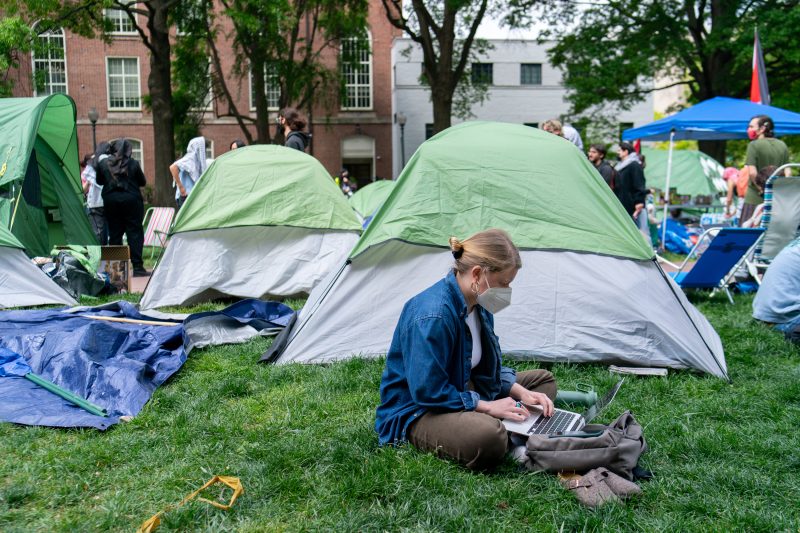In the ever-evolving landscape of human interaction, the intergenerational divide has long been a significant aspect of society. The friction between older and younger individuals is a phenomenon that has persisted throughout history, manifesting in various forms and contexts. From disagreements over cultural norms to differing perspectives on societal issues, generations have often found themselves at odds with one another, leading to a complex dynamic of conflicting ideologies and values.
One of the primary reasons behind the discord between older and younger people is the stark contrast in upbringing and life experiences. Each generation is shaped by unique circumstances and events, which contribute to the formation of distinct worldviews and attitudes. Older individuals often hold onto traditional values and beliefs, viewing the world through the lens of their past experiences and societal norms. In contrast, younger generations are more likely to embrace change and innovation, guided by the influence of modern technology and evolving social dynamics.
Moreover, the rapid pace of technological advancement has played a significant role in widening the generation gap. The digital age has revolutionized communication and information sharing, leading to a fundamental shift in how individuals interact and engage with the world around them. Older individuals may struggle to adapt to the fast-paced nature of modern technology, resulting in a disconnect with younger generations who are often more tech-savvy and digitally literate.
Cultural differences also contribute to the generational divide, as societal norms and values continue to evolve over time. Each generation brings with it a set of beliefs and practices that may conflict with those of previous or subsequent generations. This clash of cultural ideals can lead to misunderstandings and disagreements, further deepening the rift between older and younger individuals.
Despite the challenges posed by the intergenerational gap, there are opportunities for dialogue and understanding between older and younger people. By fostering open communication and mutual respect, individuals from different generations can bridge their differences and work towards a common understanding. Intergenerational relationships can be enriching and fulfilling, offering a unique perspective on the world and providing opportunities for personal growth and learning.
In conclusion, the long history of discord between older and younger individuals is a testament to the complexity of human relationships and societal dynamics. While the generational gap may present challenges, it also provides an opportunity for growth and mutual understanding. By recognizing and addressing the factors that contribute to intergenerational conflict, individuals can work towards building stronger and more inclusive communities that celebrate the diversity of perspectives and experiences across different age groups.
